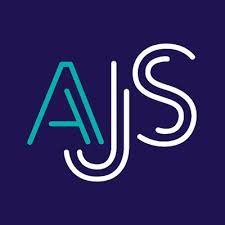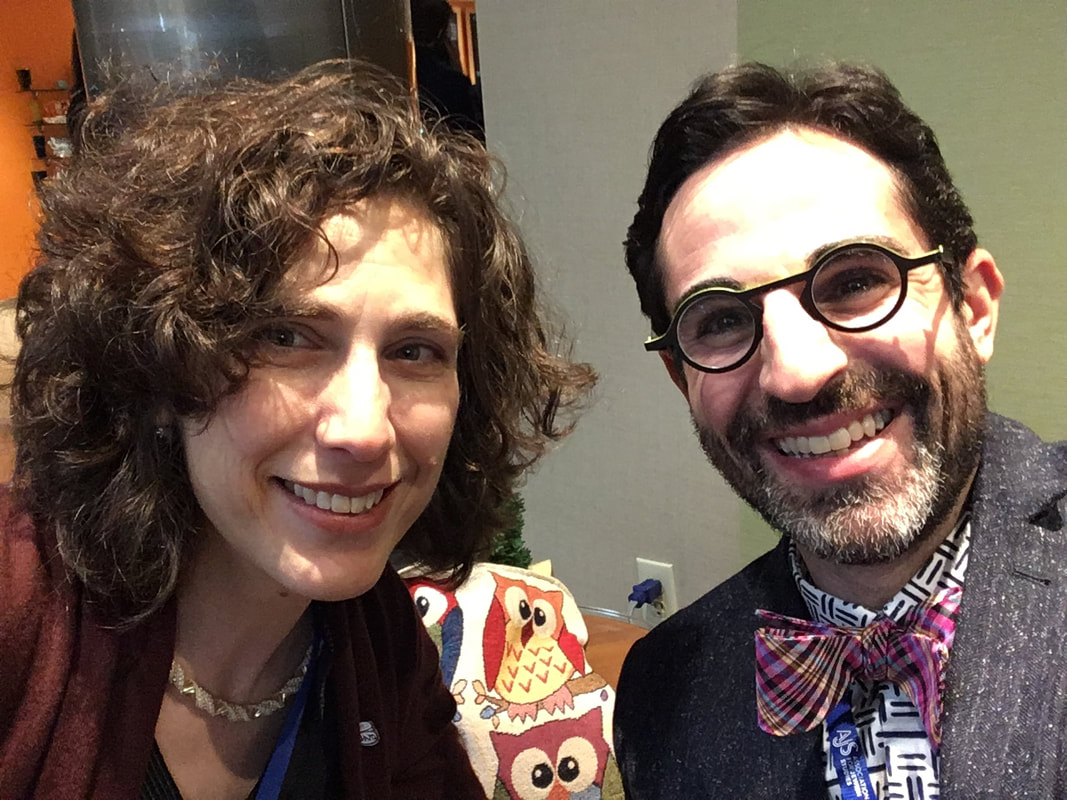| I am often asked how I find the engaging, articulate scholars who come to visit Cleveland to share their work with the public. The simple answer to this question is AJS! For folks studying Judaism, Jewish culture and Jews in one form or another, the Association for Jewish Studies is the premier learning society in the United States, if not the world. |
It boasts some 2,000 members, and holds an annual conference each year (attended by over 1,200 scholars, this year). And I’m proud to share that I’ve just been voted on as a board member, and looking forward to serving the organization.
As I write this, I am currently at the AJS annual meeting in Boston. As usual, the breadth of topics under discussion is astounding. Here are a few, just to give you a sense:
Generally, more than 10 sessions run at any given time. This means that you can attend the conference, and be an active participant without attending any panel outside of your specific area of interests. Scholars of the Bible, for example, are not necessarily in conversation with sociologists studying contemporary problems. Somehow, though, the fact that we all appear in the same program-book, and are all invited to take part in a common plenary meeting, gives me the sense that everyone here – regardless of what they study – is part of a common group, even if broadly defined.
As I write this, I am currently at the AJS annual meeting in Boston. As usual, the breadth of topics under discussion is astounding. Here are a few, just to give you a sense:
- Biblical Prophets as a Source of Philosophical Inquiry
- Humor and Play in the Talmud
- Ottoman Jews and the Emergence of Modern Psychiatry
- Free Love in Yiddish Popular Fiction
- Being Jewish in Soviet Siberia
- and American Jews in the Military
Generally, more than 10 sessions run at any given time. This means that you can attend the conference, and be an active participant without attending any panel outside of your specific area of interests. Scholars of the Bible, for example, are not necessarily in conversation with sociologists studying contemporary problems. Somehow, though, the fact that we all appear in the same program-book, and are all invited to take part in a common plenary meeting, gives me the sense that everyone here – regardless of what they study – is part of a common group, even if broadly defined.
The AJS also offers a place for scholars to think about how they might “translate” their work for audiences that reach beyond the academy. By their nature, universities, academic journals, and conferences that are organized by learned societies offer space and resources for high-level thinking and writing, which is so critical for understanding history, culture and current trends. But academics' work might also be presented in forms that are accessible and relevant for a wider public.
Recognizing the importance of this project, this year AJS convened a group to share ideas and resources for Public Programming. I will surely benefit from this newly-formed network in my own work running Jewish Lifelong Learning at CWRU. I’ll start here by sharing this new podcast the AJS is producing, “Adventures in Jewish Studies.” Have a listen (and let me know what you think!)
Recognizing the importance of this project, this year AJS convened a group to share ideas and resources for Public Programming. I will surely benefit from this newly-formed network in my own work running Jewish Lifelong Learning at CWRU. I’ll start here by sharing this new podcast the AJS is producing, “Adventures in Jewish Studies.” Have a listen (and let me know what you think!)


 RSS Feed
RSS Feed
